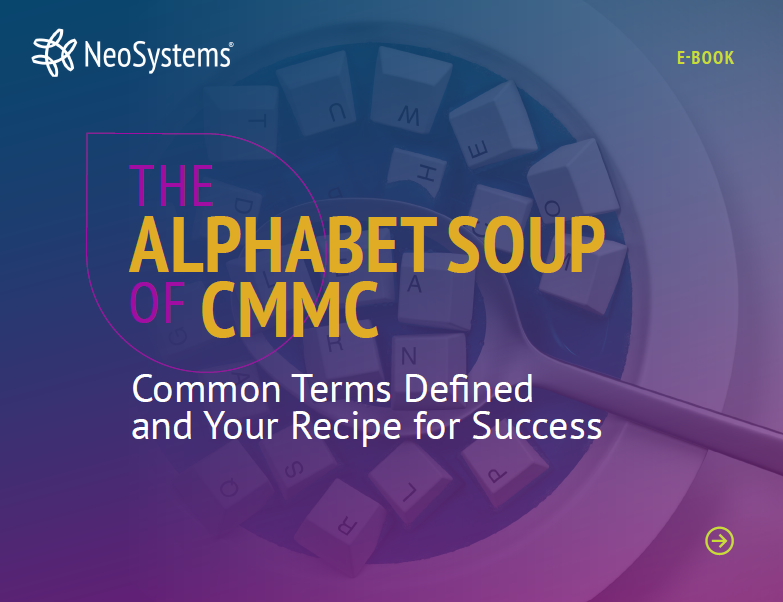In the realm of defense contracting, adherence to stringent regulations is vital to safeguard sensitive information and maintain national security. One such set of regulations is the Defense Federal Acquisition Regulation Supplement (DFARS). In this section, we will explore what DFARS is, its regulatory framework, who it applies to, its comparison to the Cybersecurity Maturity Model Certification (CMMC), the consequences of non-compliance, and the steps to achieve DFARS compliance. Understanding more about DFARS will help ensure your organization meets the necessary security standards in the defense industry.
What Is DFARS
What Is DFARS?
DFARS, or Defense Federal Acquisition Regulation Supplement, is a regulation that supplements the Federal Acquisition Regulation (FAR) and imposes specific cybersecurity requirements on contractors and subcontractors doing business with the U.S. Department of Defense (DoD). It aims to safeguard sensitive defense information, known as Covered Defense Information (CDI), and protect the defense supply chain from cyber threats and vulnerabilities.
DFARS Regulations
DFARS regulations establish cybersecurity standards and practices that contractors must implement to protect CDI. Key aspects of DFARS regulations include:
- Safeguarding Requirements: Contractors must implement adequate security measures to protect CDI from unauthorized access, disclosure, and loss. This includes controls for access control, system monitoring, incident response, and encryption, among others.
- Reporting Requirements: Contractors must report any cybersecurity incidents or breaches to the DoD within a specified timeframe and cooperate with investigations and forensic analysis.
- Compliance Assessments: Contractors may be subject to compliance assessments and audits by the DoD to ensure adherence to DFARS regulations.
Who Does DFARS Apply To?
DFARS applies to any contractor or subcontractor that enters into a contract or agreement with the DoD, including contracts for the acquisition of commercial items. This includes organizations across the defense supply chain, ranging from prime contractors to small subcontractors, who handle CDI as part of their contractual obligations with the DoD.
DFARS Vs CMMC
While DFARS focuses on cybersecurity requirements for defense contractors, the Cybersecurity Maturity Model Certification (CMMC) provides a more comprehensive framework for assessing and certifying an organization’s cybersecurity maturity. Here are some key differences:
- Scope: DFARS primarily focuses on safeguarding CDI, whereas CMMC covers a broader range of cybersecurity practices and maturity levels.
- Certification: DFARS requires self-assessment by contractors, while CMMC mandates certification by an accredited third-party assessor.
- Levels of Maturity: CMMC includes three maturity levels, each with specific cybersecurity practices, while DFARS does not have predefined maturity levels.
Learn more about CMMC in our introductory free eBook – The Alphabet Soup Of CMMC.
What Happens If You Don’t Comply With DFARS?
Non-compliance with DFARS can have serious consequences for contractors, both legally and financially. Consequences may include contract termination, suspension of payments, loss of future business opportunities, and potential legal liabilities. Additionally, non-compliance can damage the contractor’s reputation and erode trust with the DoD and other stakeholders.
How To Achieve DFARS Compliance
To achieve DFARS compliance, organizations should take the following steps:
- Understand the Requirements: Familiarize yourself with the specific cybersecurity requirements outlined in DFARS and assess your organization’s current cybersecurity posture.
- Gap Analysis: Conduct a thorough analysis to identify any gaps or deficiencies in your organization’s cybersecurity practices and develop a plan to address them.
- Implement Security Controls: Implement the necessary security controls specified in DFARS to protect CDI and ensure compliance. This may include measures such as access controls, encryption, monitoring, and incident response procedures.
- Documentation and Evidence: Maintain comprehensive documentation of your cybersecurity practices and evidence of implementation to demonstrate compliance during audits or assessments.
- Continuous Monitoring: Establish a robust system for ongoing monitoring and assessment of your organization’s cybersecurity practices to detect and mitigate any vulnerabilities or threats.
Ensure Compliance And Strengthen Security
Complying with DFARS is not only a legal obligation but also a critical step in safeguarding sensitive defense information and maintaining trust within the defense industry. By understanding the requirements, implementing necessary controls, and partnering with experts, you can achieve DFARS compliance and enhance your organization’s cybersecurity posture in the defense sector.
Partnering with cybersecurity experts like NeoSystems who specialize in DFARS compliance can provide valuable guidance and support along the path to compliance. We can assist in conducting preliminary assessments, implementing controls, and establishing effective cybersecurity practices tailored to your organization’s specific needs and regulatory requirements.
Make the Move
Ready to start down the road to CMMC certification? Contact NeoSystems today to learn more about our
CMMC compliance solution & services!












